 At the 232nd ECS Meeting, we will feature the ECS Career Expo. This expo will be a tremendous platform for organizations to recruit potential employees from various backgrounds during ECS biannual meetings. This is an opportunity for employers to recruit the best and brightest in electrochemical and solid state sciences. The ECS Career Expo will serve as a perfect addition to our meeting and will help our job seeking attendees maximize their career potential by gaining access to a wide range of organizations.
At the 232nd ECS Meeting, we will feature the ECS Career Expo. This expo will be a tremendous platform for organizations to recruit potential employees from various backgrounds during ECS biannual meetings. This is an opportunity for employers to recruit the best and brightest in electrochemical and solid state sciences. The ECS Career Expo will serve as a perfect addition to our meeting and will help our job seeking attendees maximize their career potential by gaining access to a wide range of organizations.
Participating employers are offered the options to purchase a semi-private exhibit booth or an interview table to host interviews, meet and greets, or showcase their organizations. Both options include brand exposure through the meeting website, printed program and signage as well as the increase foot traffic on the exhibit floor which hosts our other exhibits and poster sessions.
Job seekers will be able to meet with employers to discuss career opportunities and how they may fit within their organization. Job hunting is stressful and competitive; let ECS aid you in your search for your seamless transition into a successful career.
If you have any questions or would like to get involved with the ECS Career Expo, contact our Director of Membership Services, Shannon.Reed@electrochem.org.


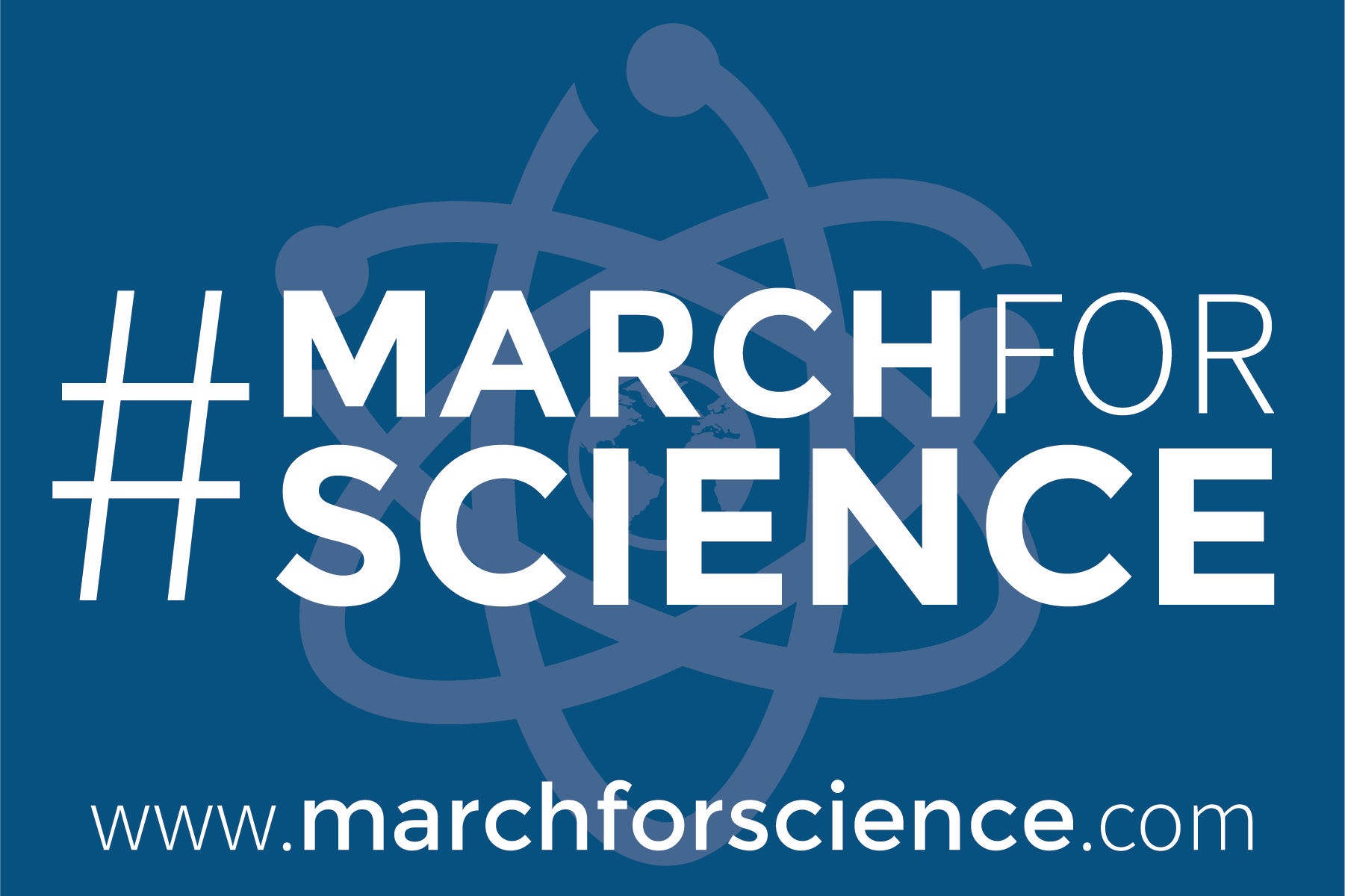 Over one million scientists and science advocates around the world took to the streets on April 22 to celebrate science and bring attention to the role it plays in improving lives, solving problems, and informing evidence-based policy.
Over one million scientists and science advocates around the world took to the streets on April 22 to celebrate science and bring attention to the role it plays in improving lives, solving problems, and informing evidence-based policy.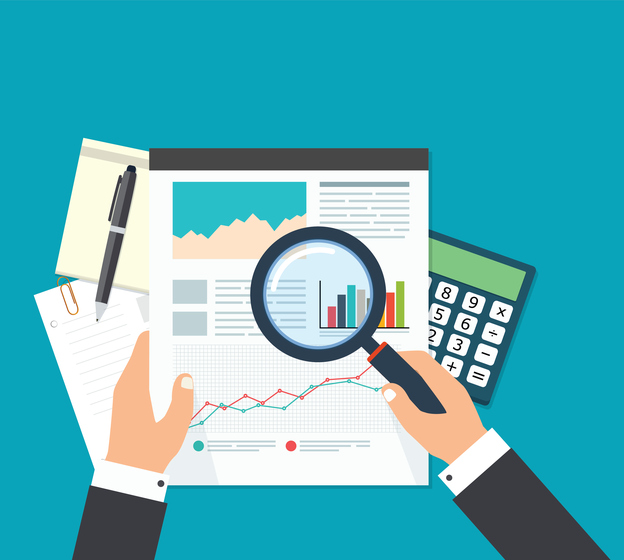 A soda company sponsoring
A soda company sponsoring  No matter the field, if a researcher is collecting data of any kind, at some point he is going to have to analyze it. And odds are he’ll turn to statistics to figure out what the data can tell him.
No matter the field, if a researcher is collecting data of any kind, at some point he is going to have to analyze it. And odds are he’ll turn to statistics to figure out what the data can tell him. 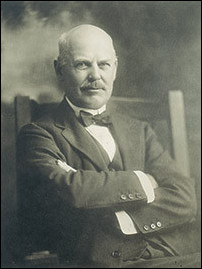 The discovery of an electric arc can be tied to the use of an electrochemical energy source. Sir Humphry Davy described in 1800 an electric discharge using electrochemical cells1 that produced what we would call a spark, rather than an arc. However, in 1808, using an electrochemical battery containing 2000 plates of copper and zinc, he demonstrated an electric arc 8cm long. Davy is also credited with naming the phenomenon an arc (Fig. 1). An electric arc was also discovered independently in 1802 by Russian physicist Vasily Petrov, who also proposed various possible applications including arc welding. There was a long gap between the discovery of the electric arc and putting it to use.
The discovery of an electric arc can be tied to the use of an electrochemical energy source. Sir Humphry Davy described in 1800 an electric discharge using electrochemical cells1 that produced what we would call a spark, rather than an arc. However, in 1808, using an electrochemical battery containing 2000 plates of copper and zinc, he demonstrated an electric arc 8cm long. Davy is also credited with naming the phenomenon an arc (Fig. 1). An electric arc was also discovered independently in 1802 by Russian physicist Vasily Petrov, who also proposed various possible applications including arc welding. There was a long gap between the discovery of the electric arc and putting it to use.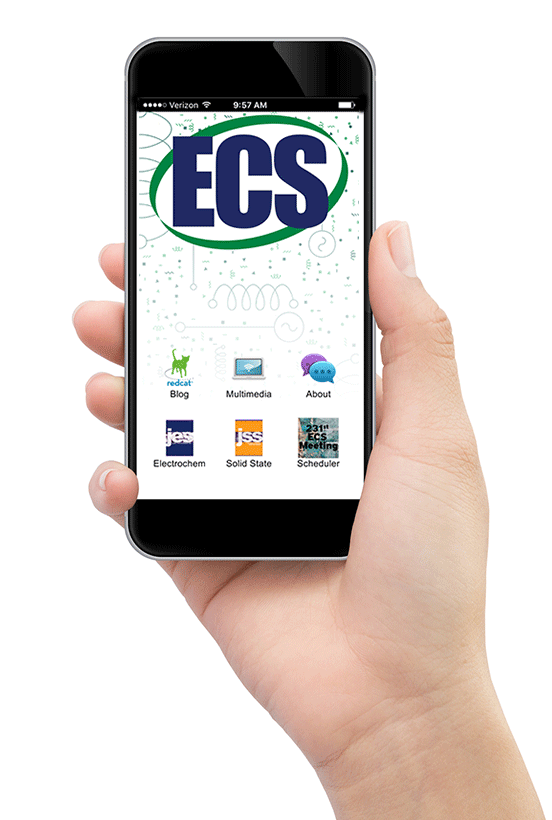 ECS now has an app for your mobile device. Follow the latest research published in ECS journals, the newest Redcat blog posts, and get instant access to the ECS podcasts and videos all in one place. It also includes the meeting scheduler for the upcoming ECS biannual meeting.
ECS now has an app for your mobile device. Follow the latest research published in ECS journals, the newest Redcat blog posts, and get instant access to the ECS podcasts and videos all in one place. It also includes the meeting scheduler for the upcoming ECS biannual meeting.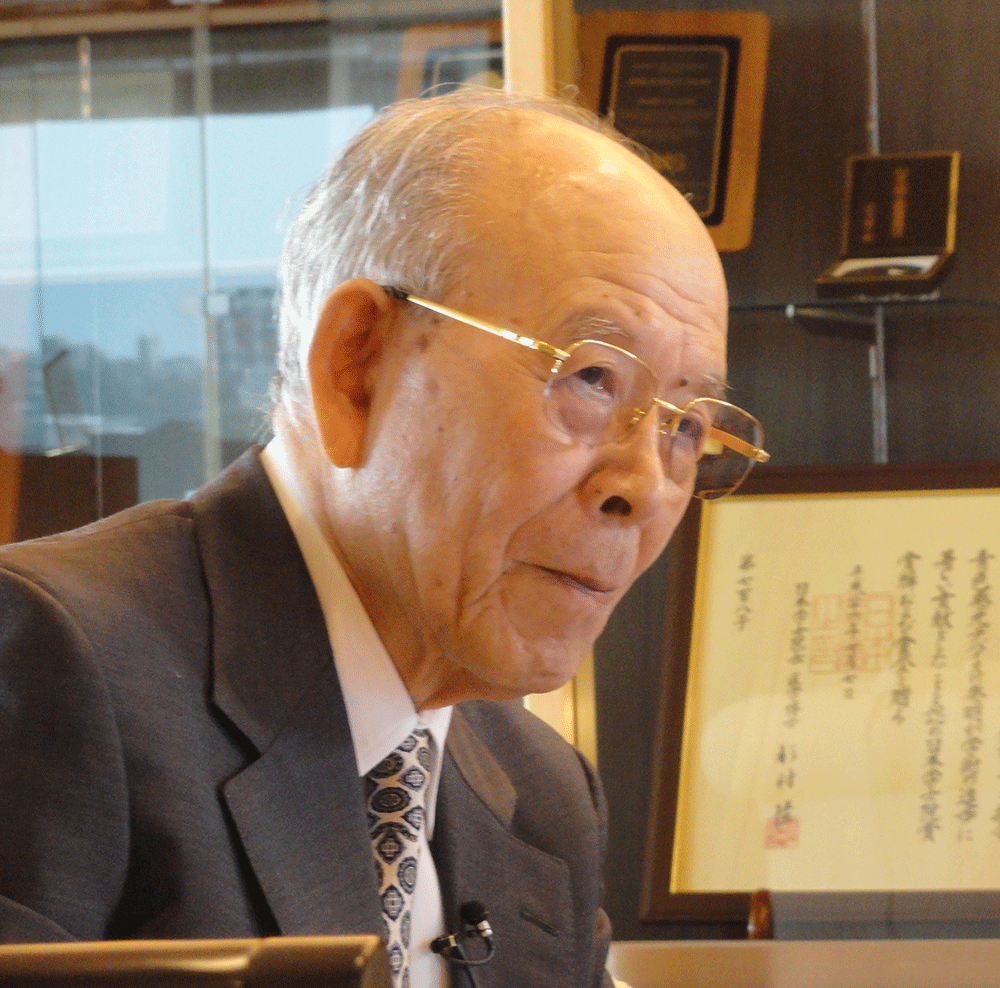 On June 8, 2016, Yue Kuo, an ECS fellow and vice president of The Electrochemical Society, traveled to the Akasaki Institute at Nagoya University in Japan to talk with Isamu Akasaki, a Nobel Prize winner and ECS life member.
On June 8, 2016, Yue Kuo, an ECS fellow and vice president of The Electrochemical Society, traveled to the Akasaki Institute at Nagoya University in Japan to talk with Isamu Akasaki, a Nobel Prize winner and ECS life member.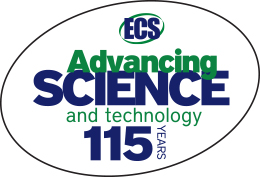 In April 1902, upon the conclusion of the Society’s first meeting in Philadelphia, the Society’s first president wrote the column below, which was printed in the Society’s first publication, explaining the rationale to form the American Electrochemical Society.
In April 1902, upon the conclusion of the Society’s first meeting in Philadelphia, the Society’s first president wrote the column below, which was printed in the Society’s first publication, explaining the rationale to form the American Electrochemical Society.